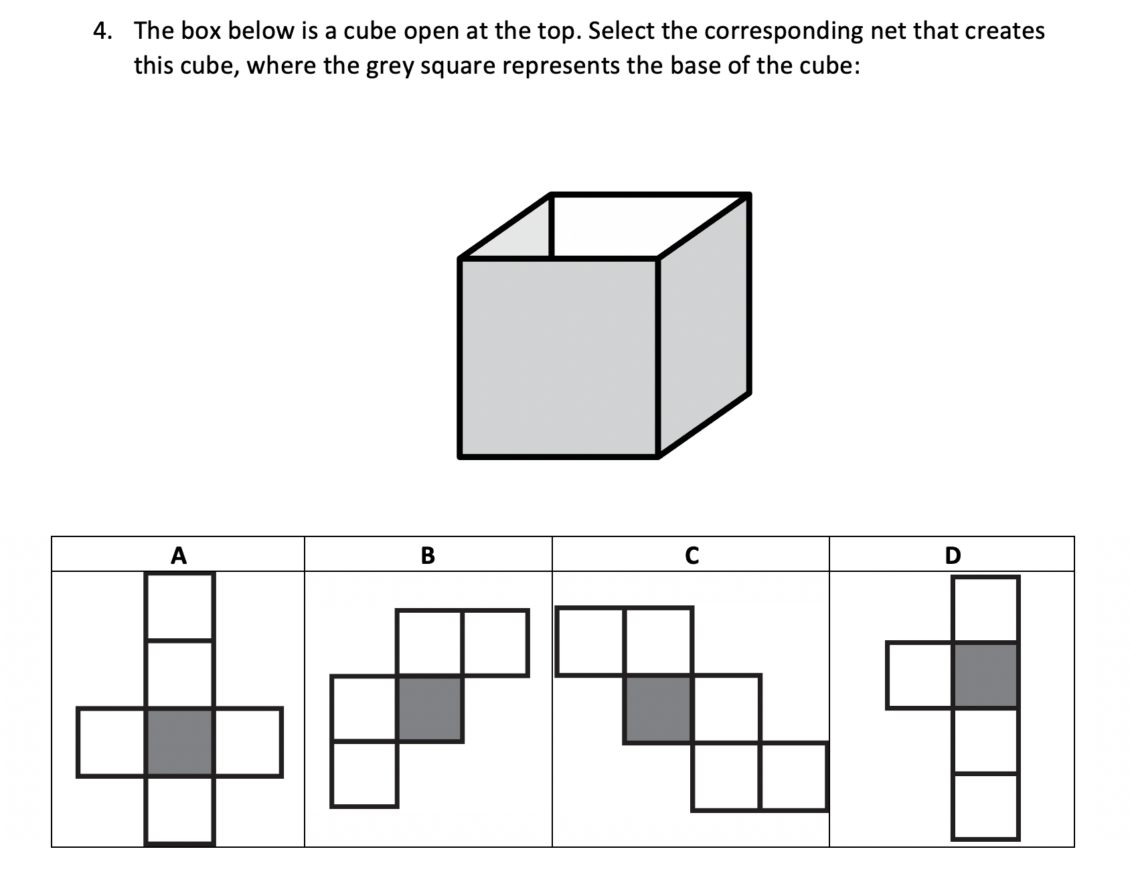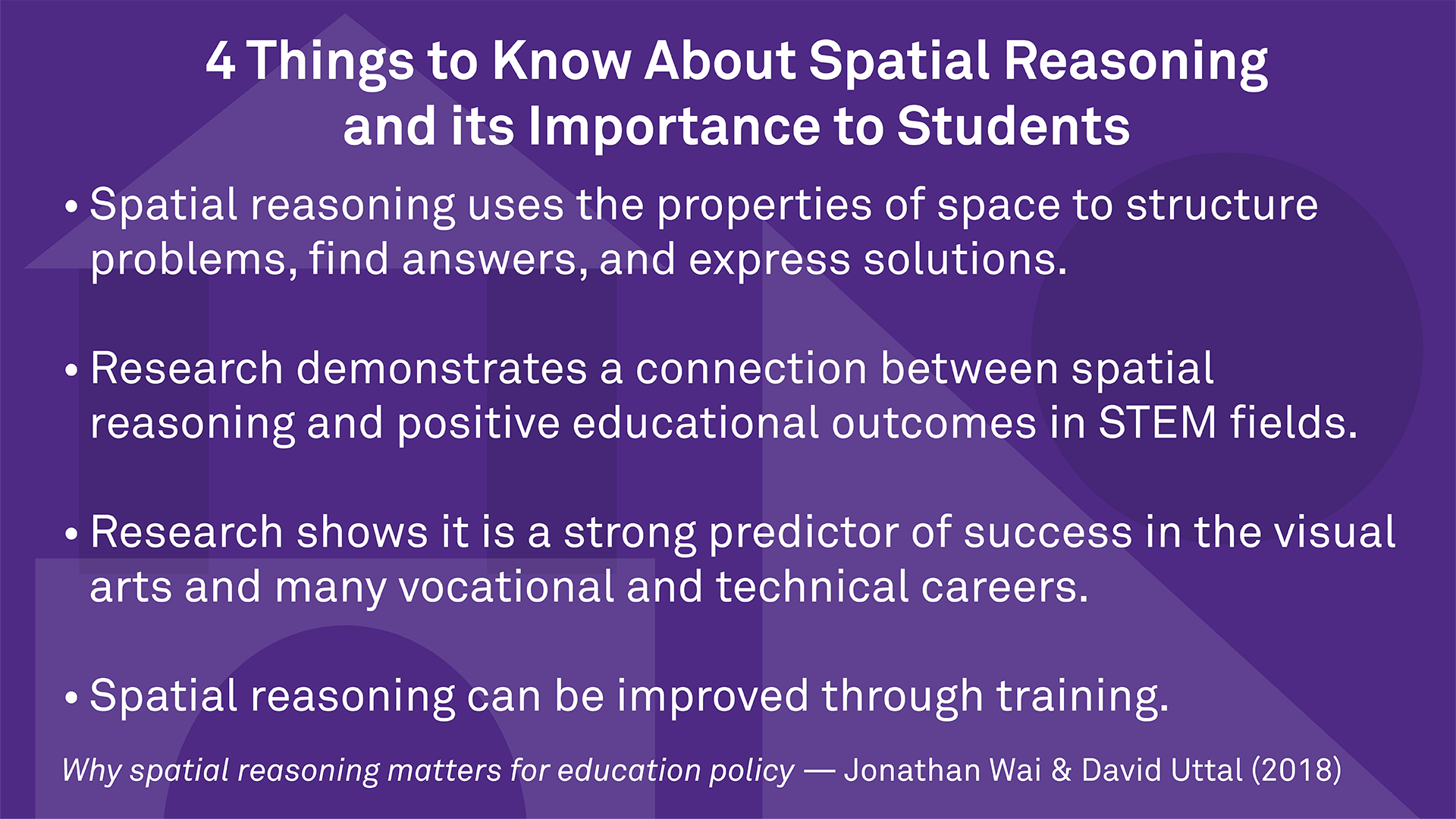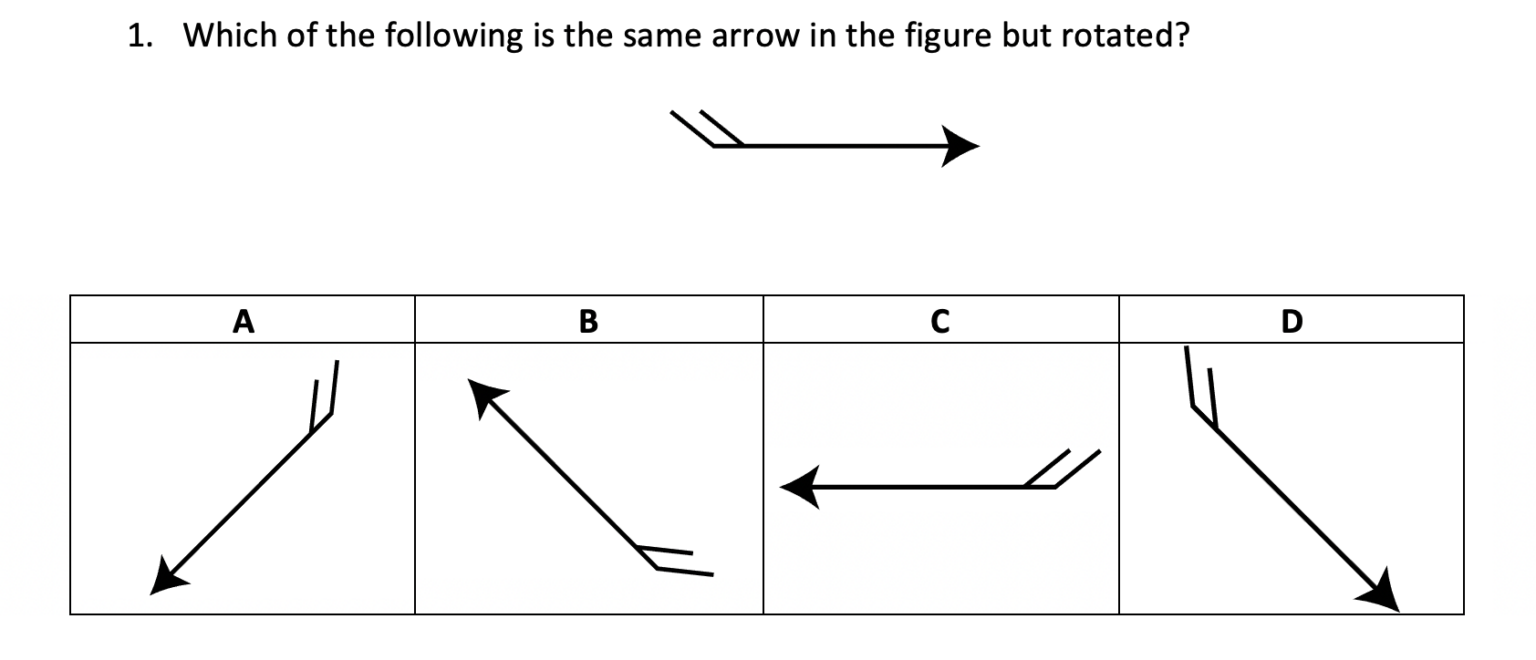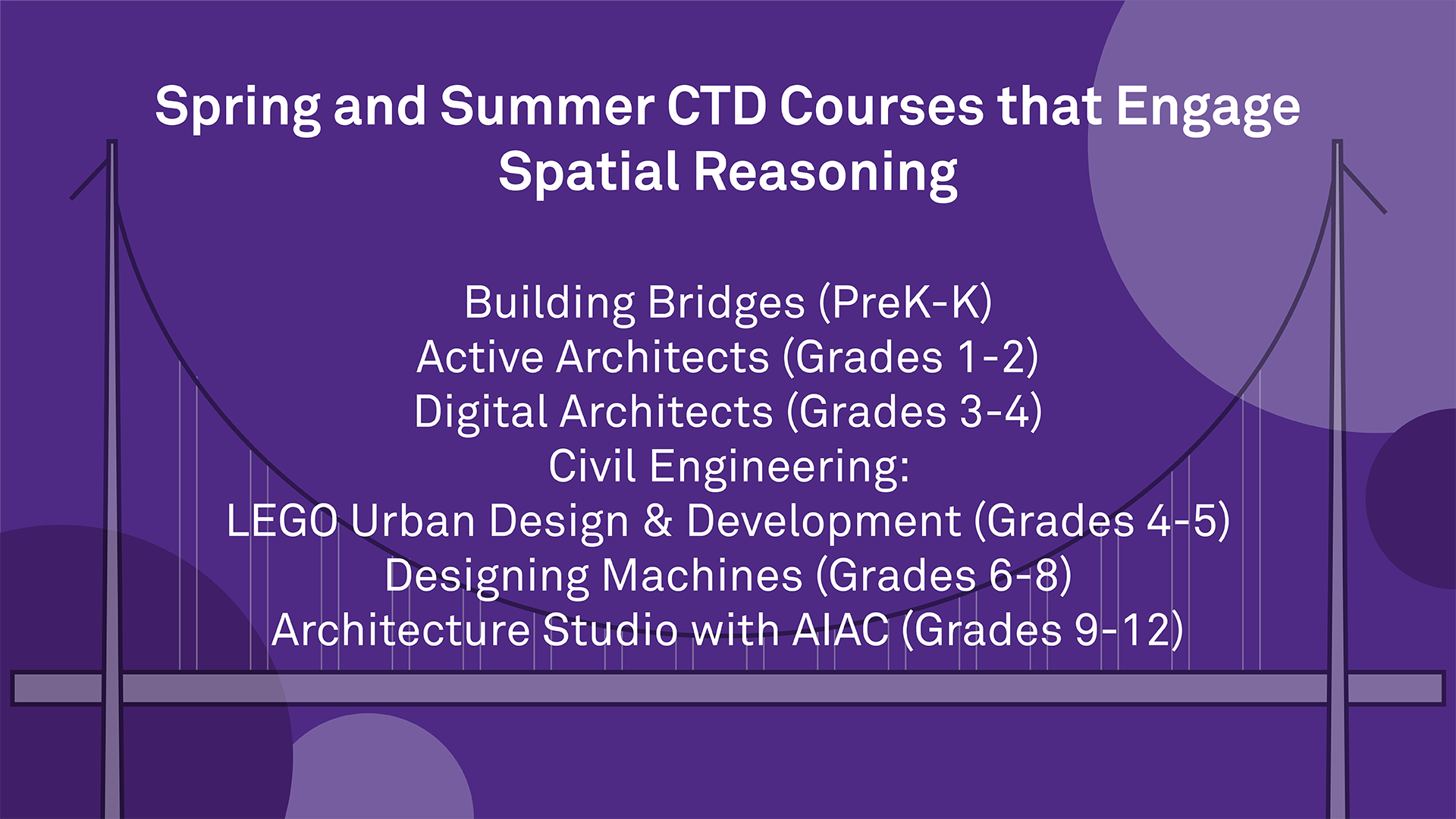Outstanding Tips About Are Men Better At Spatial Reasoning
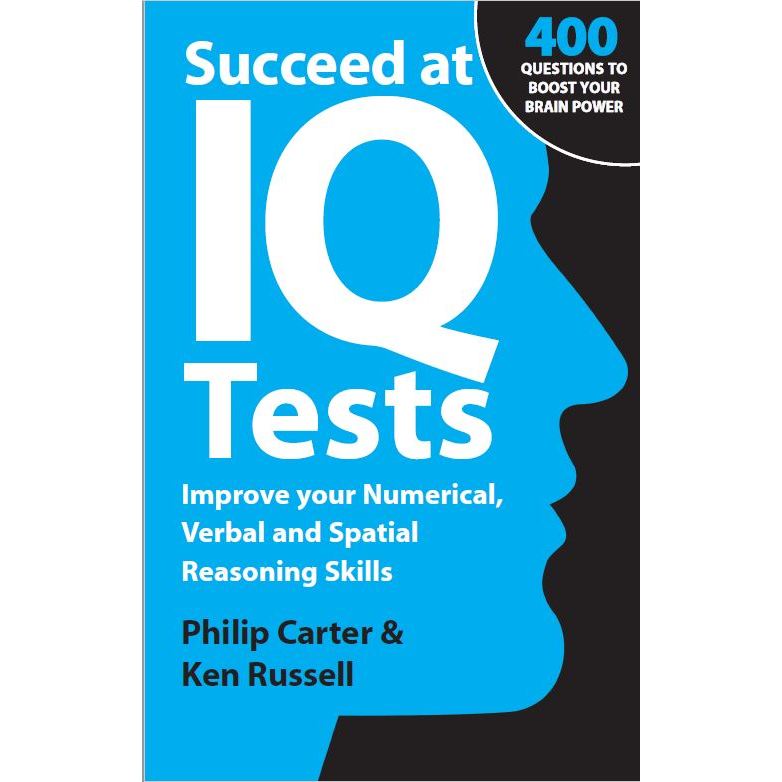
The Spatial Reasoning Puzzle: Are Men Really Wired Differently?
Peering into the Realm of Cognitive Abilities
The idea that men are naturally more adept at spatial reasoning has been a persistent whisper in conversations and even echoed in some corners of scientific inquiry for quite a while now. You've likely encountered this notion, perhaps in casual chats or even passing remarks. But how much truth lies beneath this seemingly straightforward assertion? The reality, as is often the case with intricate human traits, presents a far more complex and engaging picture than a simple yes or no. We're about to embark on an exploration of the research, the methodologies employed, and the societal influences that mold our understanding of spatial abilities. Prepare yourself for a journey that might just make you reconsider some long-held beliefs!
At its core, spatial reasoning involves our capacity to mentally manipulate objects, comprehend spatial relationships, and navigate our surroundings effectively. Think about tasks such as mentally rotating a three-dimensional shape, interpreting a map, or figuring out the optimal way to pack a suitcase (a true test for anyone, wouldn't you agree?). These skills are indispensable in a variety of fields, spanning from engineering and architecture to surgical procedures and even achieving high scores in games like Tetris. Consequently, understanding who excels in these areas, and the underlying reasons why, carries significant implications for education, career paths, and our broader comprehension of cognitive variations among individuals.
Initial investigations, frequently relying on standardized assessments designed to gauge specific spatial abilities, did indeed point towards a male advantage in certain domains, notably mental rotation. These studies often revealed statistically significant differences, contributing to the widespread acceptance of an inherent biological predisposition. However, as research techniques advanced and investigators began to consider a wider array of contributing factors, the landscape started to appear considerably less clear. It's akin to attempting to solve a puzzle with several missing pieces!
The early findings, while appearing quite definitive, often overlooked the substantial impact of environmental and sociocultural influences. Consider this: from an early age, boys are frequently encouraged to participate in activities that naturally cultivate spatial skills, such as constructing things with blocks, playing with building toys, and engaging in sports that demand spatial awareness. Girls, conversely, might be guided towards different forms of play and activities. Could these differing experiences be a contributing factor to the observed variations in test results?
The Shaping Power of Environment and Experience on Spatial Skills
Unmasking the Influence of Nurture
The deeper we delve into the research, the more evident it becomes that our surroundings and experiences play a considerable role in the development of spatial reasoning capabilities. Imagine two young plants: one nurtured in rich soil with ample sunlight and water, the other in poor soil with limited resources. It's not difficult to predict which one will thrive. Similarly, our cognitive abilities are not solely determined by our biological makeup; they are constantly being shaped and refined by the environments we inhabit and the experiences we accumulate.
Studies have demonstrated that targeted training and interventions can lead to significant improvements in spatial reasoning skills for both men and women. This suggests a degree of adaptability in these abilities, implying they are not fixed traits but rather skills that can be developed and enhanced through practice. Think about learning a new language or a musical instrument — consistent effort and focused practice lead to progress. The same principle appears to apply to our spatial cognitive functions.
Furthermore, cultural norms and societal expectations can inadvertently create a self-fulfilling prophecy. If there's a widespread belief that men are naturally better at spatial tasks, this might influence how individuals approach these tasks, the encouragement they receive, and ultimately their performance. It's like entering an exam already convinced you'll perform poorly — that negative mindset can unfortunately affect your actual outcome.
Researchers are increasingly focusing on longitudinal studies that track the development of spatial skills over time, while taking into account various environmental factors. These studies offer a more dynamic and comprehensive understanding of how these abilities evolve and the diverse paths individuals take. It's about moving beyond static snapshots and examining the entire developmental journey.
Biological Elements: Hormones and Brain Structure Under Scrutiny
Examining Potential Innate Tendencies
While the undeniable influence of the environment is clear, it's also important to consider potential biological factors that might contribute to observed differences. Hormones, particularly testosterone, have been investigated for their possible role in spatial cognition. Some studies have suggested a correlation between higher testosterone levels and improved performance on certain spatial tasks. However, this relationship is intricate and not consistently observed across all types of spatial abilities.
Brain imaging studies have also explored potential structural and functional variations in the brains of men and women that might be related to spatial processing. Some research has indicated differences in brain regions associated with spatial tasks, but these variations are often subtle, and their direct causal link to performance disparities remains an active area of investigation. It's vital to avoid oversimplification and remember that the brain is an incredibly complex and interconnected organ.
It's also worth noting that the variation within groups (the differences among men and among women) is often considerably larger than the average differences observed between groups. This emphasizes the fact that individual experiences and genetic variations play a significant role in shaping cognitive abilities, often overshadowing any broad generalizations based on sex.
The interaction between biological predispositions and environmental influences is likely a dynamic and complex one. It's not a question of nature versus nurture, but rather nature and nurture interacting in intricate ways throughout an individual's development. Deciphering these complex relationships is a central focus of current research in cognitive neuroscience.
Beyond Simple Categories: A Spectrum of Spatial Talents
Acknowledging Individual Uniqueness
Perhaps the most critical point to grasp is that spatial reasoning is not a single, unified ability. It encompasses a range of distinct skills, such as mental rotation, spatial visualization, and spatial perception. Research suggests that any observed sex differences might be more pronounced in specific spatial tasks, like mentally rotating three-dimensional objects, while being less apparent or even non-existent in others, such as remembering the location of objects.
Focusing solely on broad generalizations about "men" and "women" can obscure the significant individual variation that exists within each group. You'll find individuals of all genders who excel in various aspects of spatial reasoning, and those who find it more challenging. Our cognitive profiles are as unique as our fingerprints, a complex tapestry woven from numerous genetic and environmental threads.
It's also important to consider the potential for stereotype threat, a phenomenon where individuals perform worse on tasks when they are aware of negative stereotypes associated with their group. If women are constantly exposed to the idea that they are not as proficient at spatial tasks as men, this can create anxiety and negatively impact their performance, even if they possess the underlying abilities.
Therefore, instead of asking "are men better at spatial reasoning?", a more productive line of inquiry might be to explore the specific cognitive components involved in different spatial tasks and to understand how individual experiences, training, and societal factors contribute to the development of these skills in everyone, regardless of gender. It's about moving beyond simplistic comparisons and embracing the complexity of human cognition.
Looking Ahead: Nurturing Spatial Skills for All Individuals
Cultivating Cognitive Potential in Everyone
Ultimately, the emphasis should shift from debating inherent differences to understanding the most effective ways to nurture spatial reasoning skills in all individuals. Early exposure to activities that promote spatial thinking, such as construction play, puzzles, and map reading, can be beneficial for both boys and girls. Creating an inclusive and supportive environment in educational settings is also crucial for dismantling stereotypes and empowering all individuals to develop their cognitive potential.
Imagine a world where everyone feels confident and capable in their spatial abilities, irrespective of societal expectations. This could lead to greater innovation in STEM fields, more diverse perspectives in design and problem-solving, and a more equitable distribution of opportunities. By understanding the adaptability of these skills and the influence of our surroundings, we can actively work towards creating a more spatially aware society.
The ongoing research into spatial cognition continues to illuminate the intricate interplay of biology, environment, and experience. As our understanding deepens, we can move away from simplistic generalizations and towards more nuanced and effective strategies for cultivating these crucial cognitive abilities in all individuals. It's an exciting area of study with the potential to unlock human potential in countless ways.
So, the next time you hear someone casually suggest that men are just "naturally better" at spatial tasks, remember the complexities we've discussed. The truth is far more engaging, highlighting the remarkable capacity of the human brain to learn and adapt, and the profound influence of the world around us in shaping who we become. Let's focus on building a world where everyone has the opportunity to develop their spatial smarts to the fullest!
Frequently Asked Questions (FAQ)
Answers to Your Inquiries!
Q: So, is there any actual evidence supporting a male advantage in spatial reasoning?
A: Certain studies, particularly those examining mental rotation tasks, have indicated small average differences favoring men. However, these differences are often not substantial, and there is considerable overlap in the scores of men and women. Furthermore, these differences can be influenced by experience and training. It's certainly not a case of one group consistently outperforming the other!
Q: If environmental factors are so influential, why did those initial studies show such distinct differences?
A: Early research often did not adequately account for the differing experiences and societal expectations placed upon boys and girls from a young age. Boys were frequently encouraged in activities that naturally build spatial skills, while girls may not have had the same opportunities or encouragement. These accumulated experiences can lead to variations in performance on standardized tests.
Q: What steps can be taken to enhance spatial reasoning skills in everyone?
A: There are many ways! Engaging in activities such as building with blocks, solving various types of puzzles (jigsaw, Sudoku, etc.), playing video games that require spatial navigation, learning to interpret maps, and even practicing mental visualization exercises can all be beneficial. The key is consistent practice and exposure to tasks that challenge your spatial thinking.




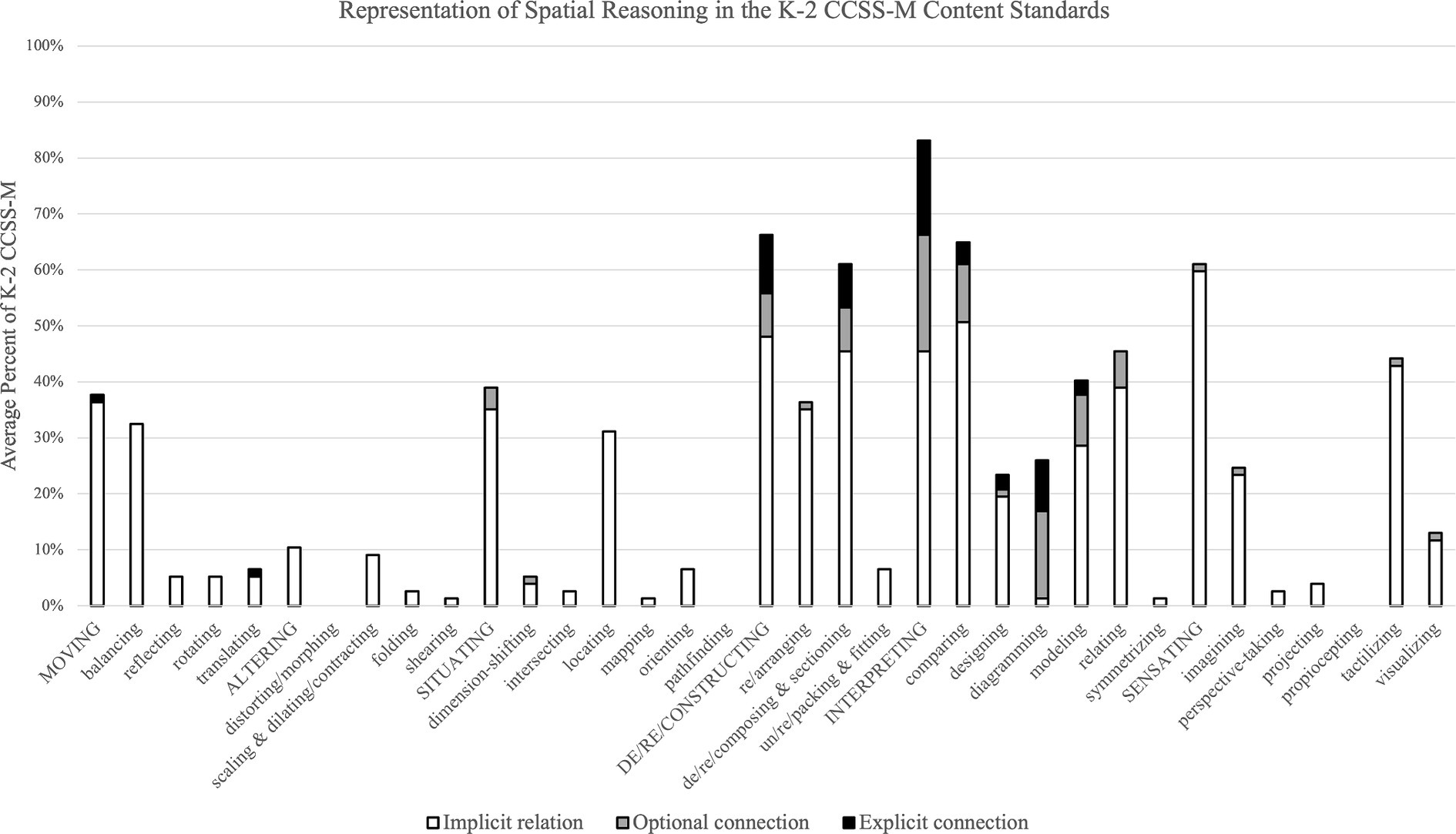



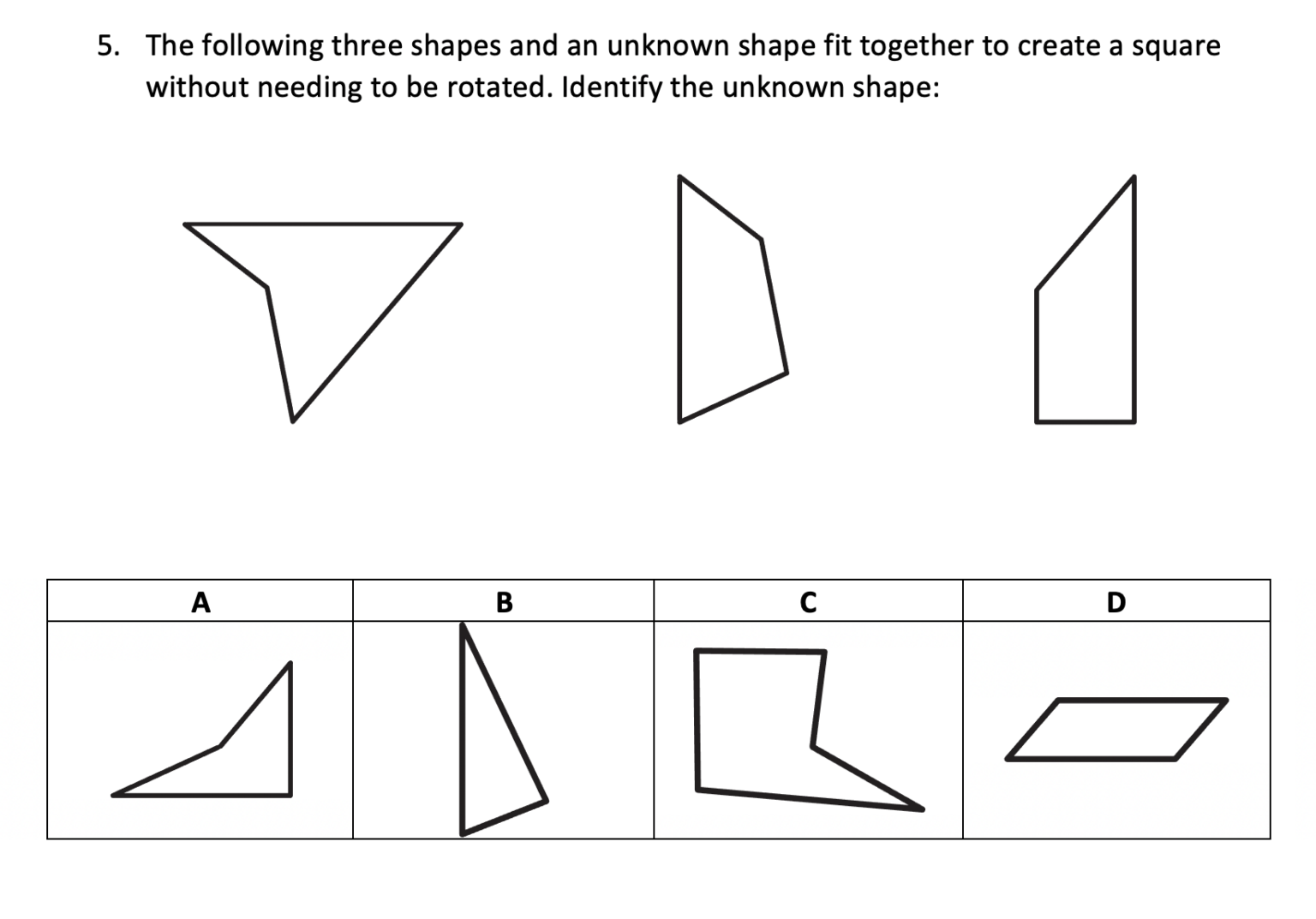

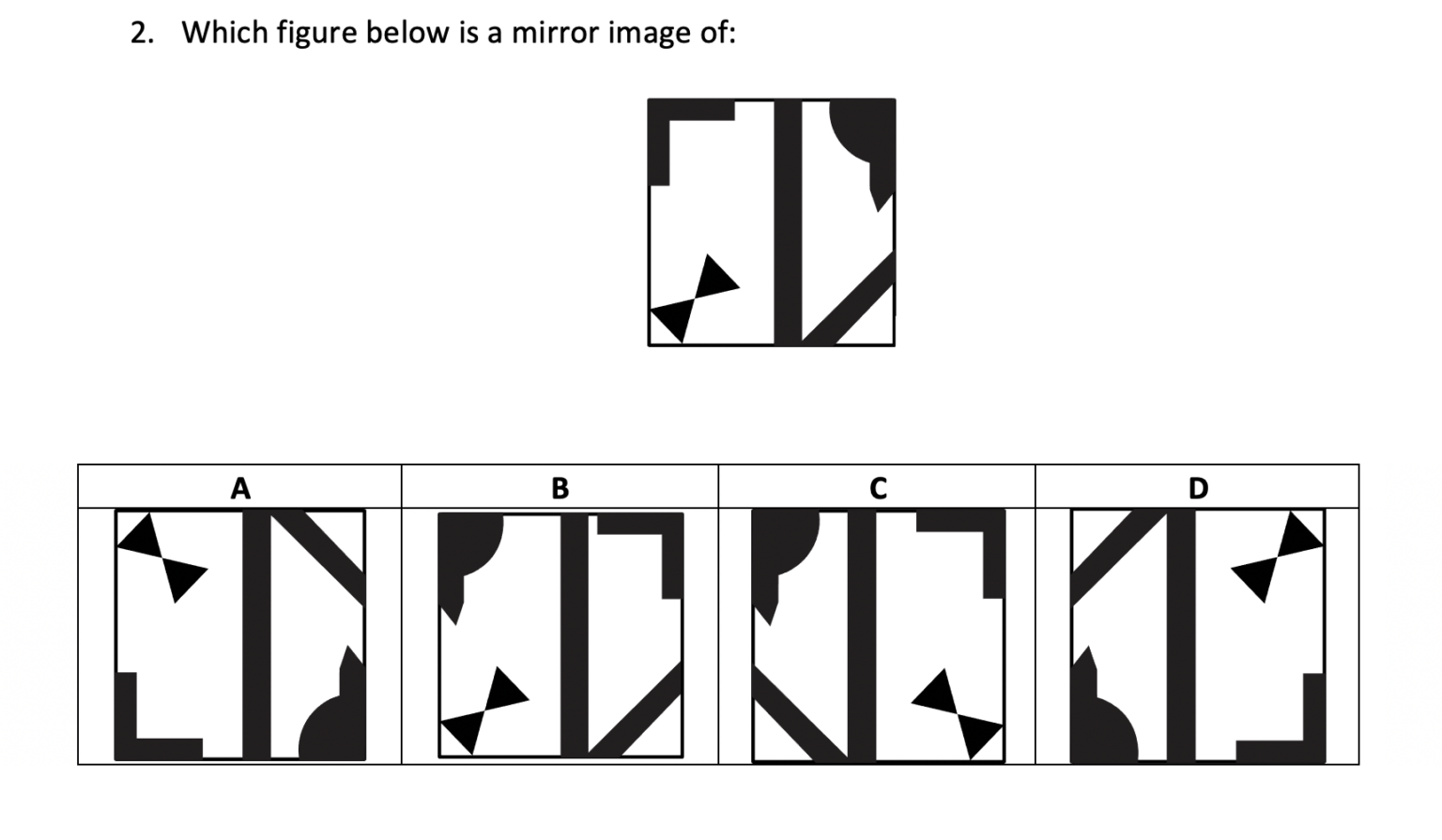



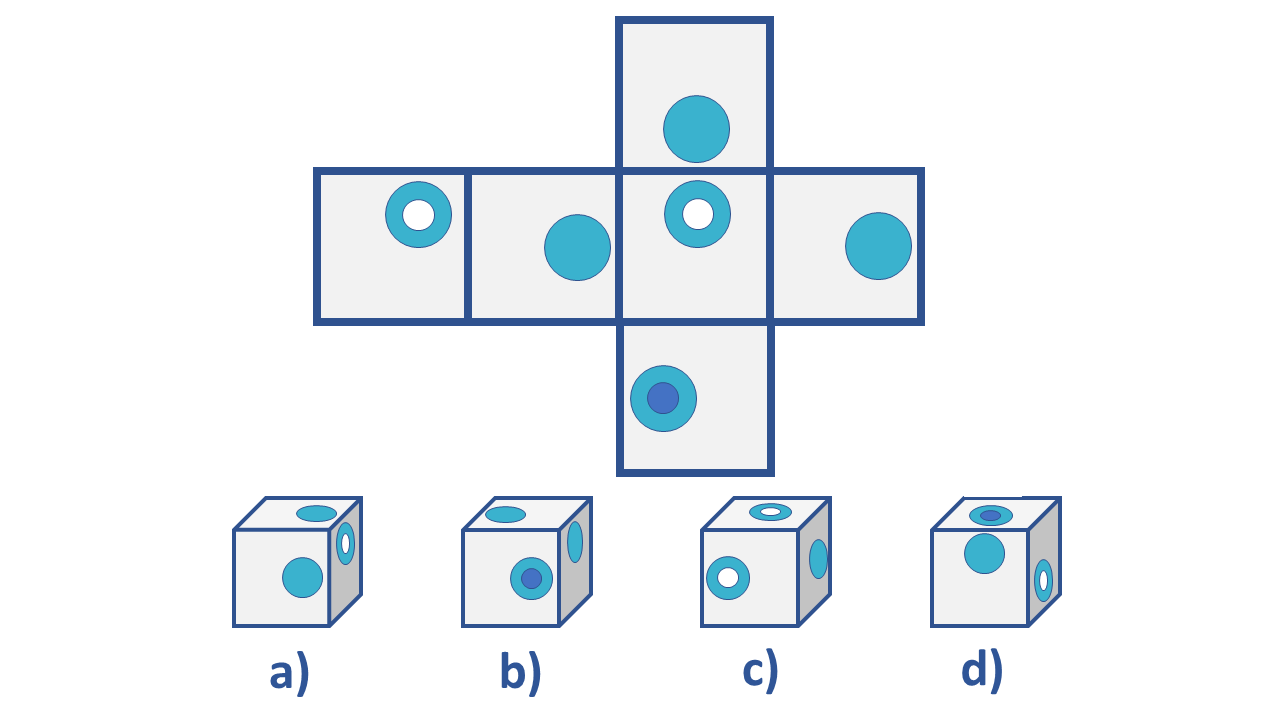


/case_thumb/1672306923032_spatial_reasoning_test_05.png)
